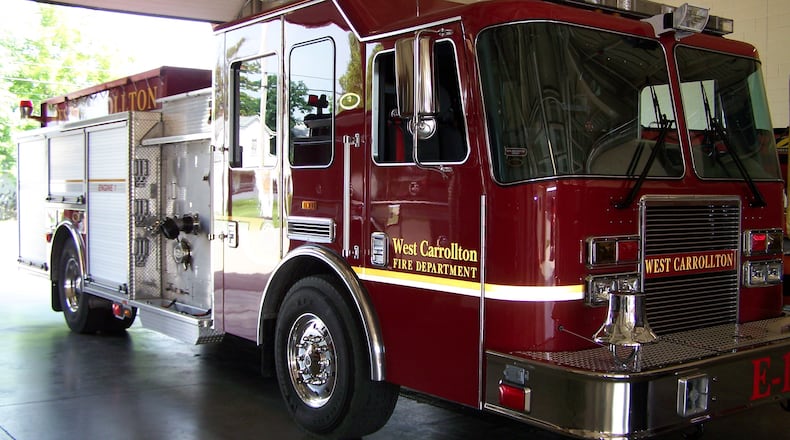City officials had talked about putting a 3.5-mill emergency-services levy on the spring ballot. But Townsend said that amount would not be sufficient to fund more staff and avoid temporary station closures, which have continued into the fall, records show.
Both of the city’s fire stations have been temporary closed 11 times in September, city records show. Station 57 was browned out for 36 hours, as was Medic 57, while Medic 56 was out for 96 hours, according to the city.
EARLIER: Charges dropped against Rauch manager who testified in EPA dumping case
The higher millage would generate about $640,000 more a year and “help us retain the two full-time people we added this year,” Townsend said, “plus add four full-time firefighter/paramedics and also increase the salary pool.”
The 3.9 mills would increase the tax hike for owners of homes valued at $100,000 to about $136 a year, he said.
Maintaining a reserve fund of 25 percent of the city’s general fund is a common goal, Townsend said. The 2020 general fund is projected at $8.6 million and the reserve balance at $1.9 million, he said.
“So we’re not quite at that level right now,” Townsend said of the 25 percent goal. “Three months (worth of funds) is usually the target.”
A survey conducted by Wright State University earlier this year indicated that more than 52 percent of respondents would favor approving a property tax hike in the range of $100 to $125 a year.
EARLIER: Staffing issues spur brownouts for West Carrollton Fire Department
When the property tax hike range was increased to $125 to $150 a year, 42 percent said they were likely to support while 49.3 percent said they were unlikely, according to the results.
More than 86 of those responding to the survey said they owned homes, according to Mike Wiehe, director of the WSU Applied Policy Research Institute.
The city is looking to change its operating model for the fire department, which has been heavily dependent on part-time firefighters. This has led in recent years to retain staff, prompting temporary closures of services or stations, Fire Chief Chris Barnett has said.
-MORE COVERAGE ON THIS ISSUE:
RELATED: City adding full-time firefighters to rescue it from station brownouts
RELATED: Wright State helping city survey residents for first time since 2015
About the Author

